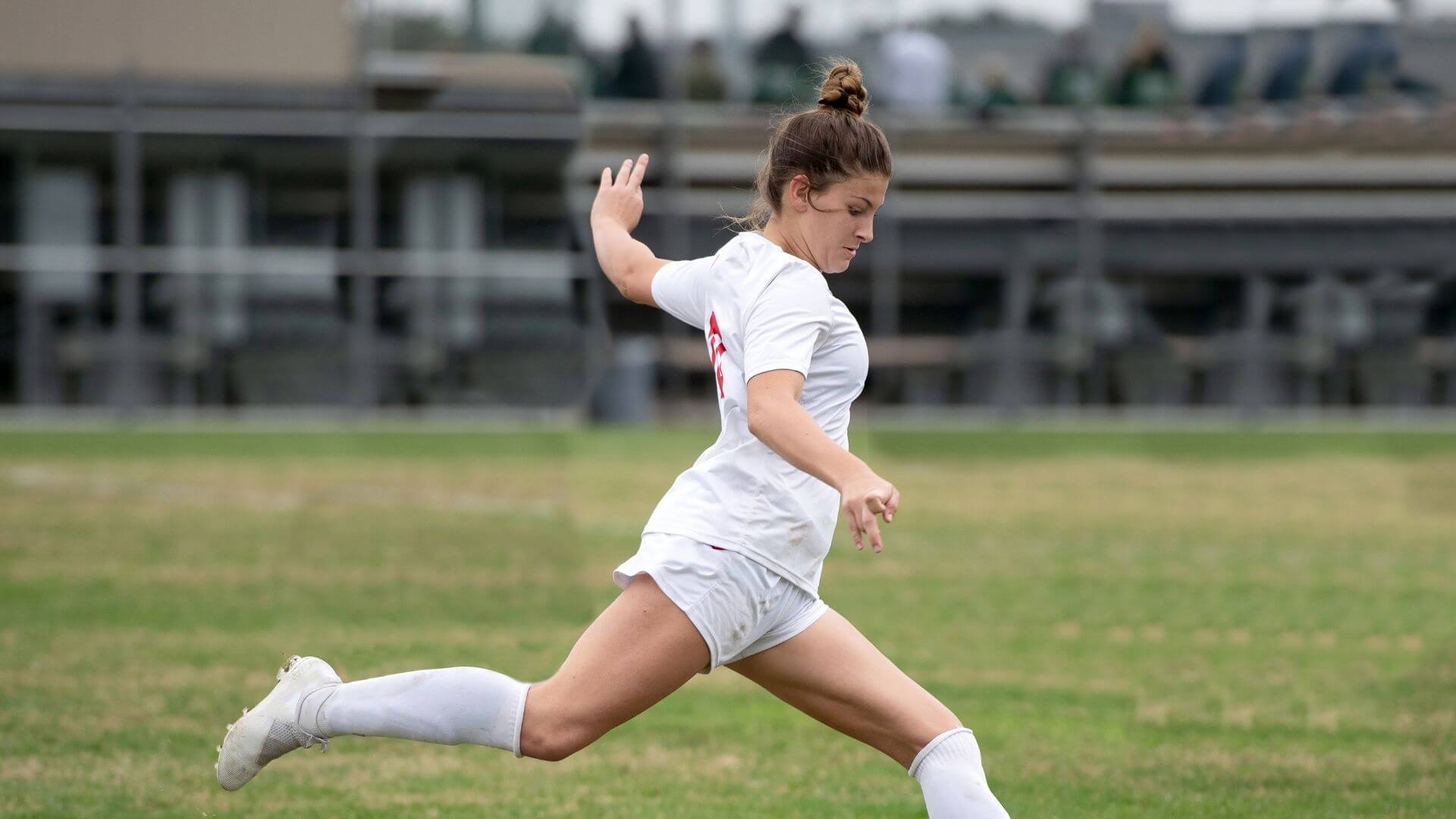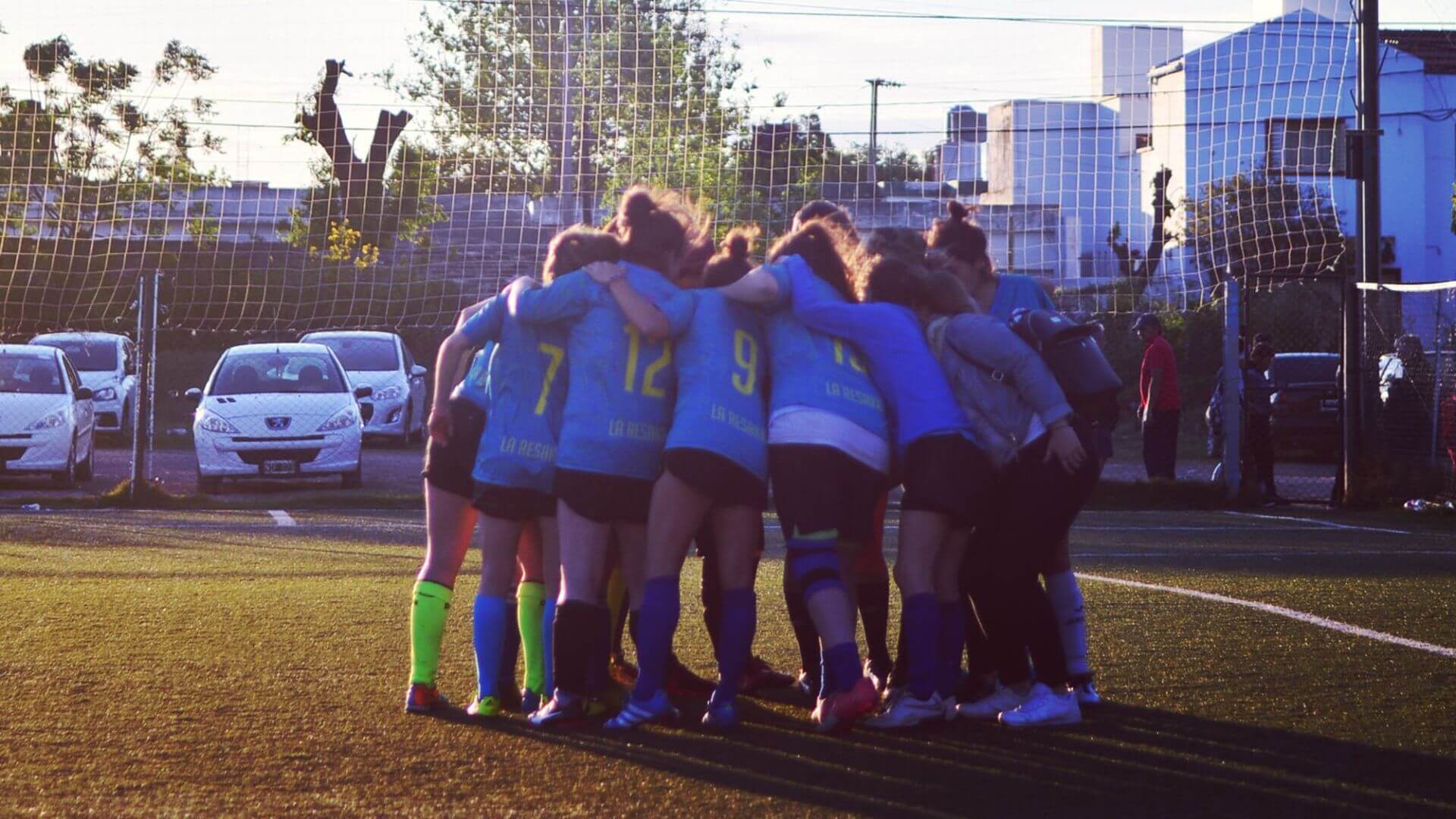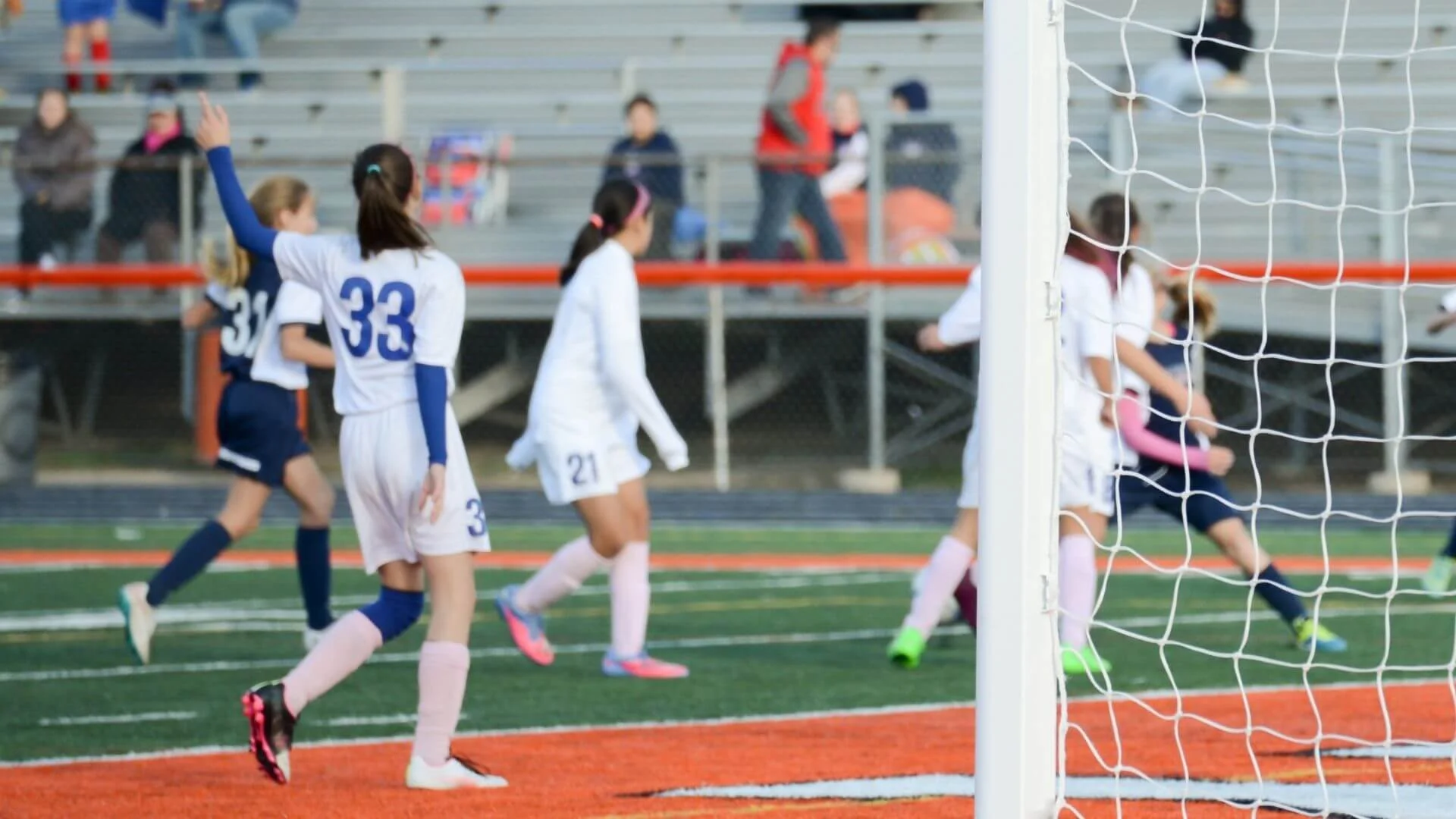How to Deal with Difficult Soccer Coaches
If you were to talk to any professional soccer player, I’m sure they would have a story of at least one unfavorable soccer coach they’ve had in their career. Dig deeper into the story, and you’ll likely learn how the player responded in that moment. Some accounts would be positive responses to a difficult situation, while others might be hard-learned, not-so-positive responses. The fact is, we will all encounter difficult coaches in our careers and there is simply no way to avoid it. Despite the unpleasantness, learning to respond favorably to difficult people and situations will help make the season bearable, all the while ensuring maximum personal growth and happiness.
When You’re the Only One Who Dislikes Your Coach
Ever ask yourself why it is you have a severe distaste for your soccer coach, but your teammates seem indifferent to them? Perhaps it’s because this particular coach is here to challenge YOU. Perhaps they’re here to teach YOU something that needs addressing within yourself.
The bossy coach. The loud coach. The over-critical coach. The close-minded coach. What does your attitude towards this particular coach say about you? If you’re like me, you don’t like to be bossed around by the boss because you prefer to be in control. You better believe MY unpleasant coach experience taught me to check my ego and loosen my grip on my need for control. And thank goodness for that, because I’m way better off now that I’m not wasting so much energy trying to control everything around me. My advice is to do some self-reflection. What can your situation teach you? And how can you apply that to your life today in order to make your team experience more enjoyable?
When Your Whole Team Dislikes Your Coach
Sometimes, there are soccer coaches who are unanimously disliked by the whole squad. What do you do then? First, you have to remember that THEY are the coach; THEY are the ones in charge. If you choose to act like a professional, you will treat their position with respect, even though you might not respect the person in that position. Dealing with this type of coach taught me one of life’s most important lessons: how to get along with people you just don’t like. Once I started using these experiences in soccer as practice for real life, I began feeling grateful for difficult coaches instead of feeling anger and frustration towards them.
When Your Coach Doesn’t Like You
Sadly, there will also be coaches that simply do not like you. They may not play you because they get irritated when you pull your long sleeves over your hands (true story) or because you “run like a girl” (another true story). If you feel this is happening to you, remember, this says more about them than it does about you. Put in your best effort and do what is asked of you so you have nothing to regret. Coaches don’t have to have a reason to dislike you or not play you, and it’s not your job to figure out what’s going on in your coach’s head. Your job is to do your best, learn as much as you can, and improve as much as you can so when the time comes to find another team, you can leave feeling guilt-free.
A lot of times, and without knowing it, coaches teach us more about life than about football. They teach us how to handle complicated people and how to show respect even when we believe it isn’t deserved. The longer you stay in the game, the more likely you are to come across a coach you just don’t click with. But before you frustratedly throw in the towel, remember, these coaches are here to show you how you can grow as a person. It may take you a few disagreeable coaches to figure it out, but the most important thing you can do is stay alert to what feelings arise within you when dealing with a difficult coach, and use that self-awareness to grow as a person. I can assure you, the soccer part gets a whole lot easier afterwards.
Featured Image Via Adobe Stock @kudosstudio













